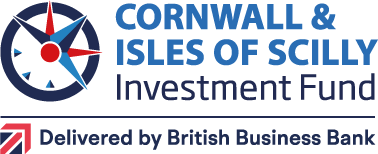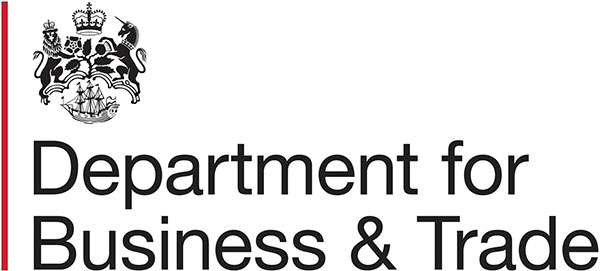Blog
30th January 2019
Debt v Equity which is the right one for your business
The Cornwall and Isles of Scilly Investment Fund (CIOSIF) has just celebrated its first investment with a £750,000 equity deal with wireless broadband provider Wildanet at Goonhilly Earth Station.
The deal has been match-funded by other investors to create a £1.5m package that will see the company take on around 40 staff in the next three years and expand its broadband services to rural areas across Cornwall and into Devon.
CIOSIF provides commercial debt and equity finance between £25,000 and £2 million to small and medium sized businesses to help them grow and create jobs. But what are the differences between debt and equity?
Debt, or borrowing, is the most common form of finance for smaller business. It does not involve relinquishing any share in ownership and unless there are problems there is no weakening of the owner’s control of a business. It is basically an arrangement between borrower and lender on agreed terms. A capital sum is borrowed from the lender on the condition that it is paid back in full with interest at either a later date, multiple dates, or over a period of time.
Interest will accrue on any outstanding debt and the business’s regular repayments will usually have an element of capital repayment and interest. Debt can be used for longer-term investment, and/or to fund working capital but it has limitations for companies looking to grow rapidly or those just starting up. If a firm’s ability to make repayments will depend on the success of the new venture lenders will often find it difficult to provide money.
Equity financing is different, it involves the raising of capital through the sale of a share in the future growth of the business most usually in the form of shares in the business. There is not usually any ongoing interest payment which allows a business to focus on its growth plans. Equity funding can provide long-term backing to fund a business through to revenue and profit, or support an aggressive growth strategy in the shorter term.
The equity provider will want their money back eventually and options for this could be through a sale or partial sale of the business and it is worth planning for this early in the life of the investment. Another advantage of equity funding is that the funder will share your interest in seeing your business grow, picking the right funder can also bring broader expertise and maybe some useful contacts to your company.
Whatever your growth ambitions for your business you can find out about the various options available in our popular Business Finance Guide at www.ciosif.co.uk
Ken Cooper is Managing Director, Venture Solutions, at the British Business Bank.
For the latest news and views join our mailing list
Join our mailing list
Just add your details below to receive the latest Northern Powerhouse Investment Fund news and information












